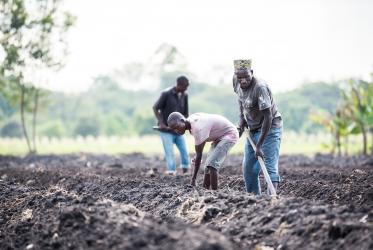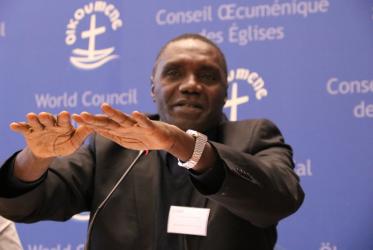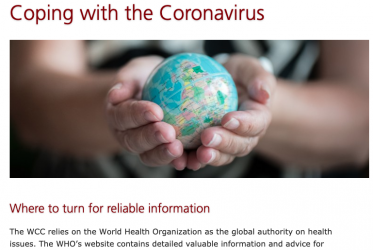Displaying 1 - 20 of 24
South Sudanese Churches shelter populations displaced by floods
23 September 2021
Agreement works toward food security in South Sudan
23 February 2019
UN discussion focuses on women, HIV and property rights
21 March 2017














